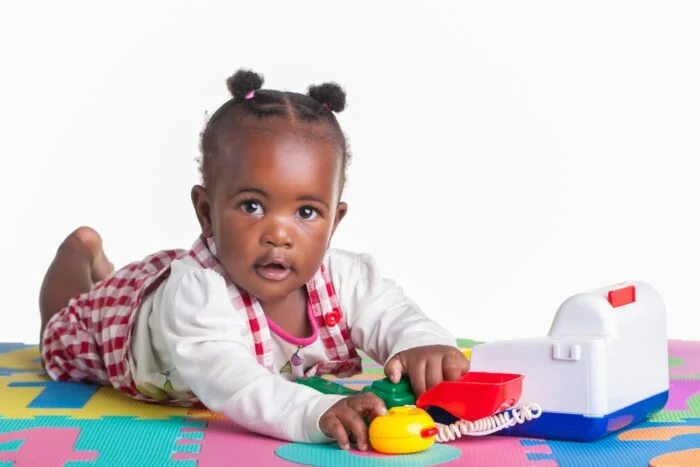Signs Your Baby Is Teething And How To Relieve The Discomfort

Teething is one of the many milestones in the development of the child, while some children are usually very cranky and in pain, some go through this period without any fuss. According to WebMD, teething usually begins around 6 months of age. Although it is normal for teething to start at any time between 3 months and 12 months of age.
By the time your child is about 3 years old, he or she will have all 20 primary teeth. The lower front teeth usually come in first. Upper front teeth usually come in 1 to 2 months after the lower front teeth.
According to BabyCenter, while some babies get through teething with no signs at all, t many parents report that their babies do experience discomfort. The most likely signs of teething include:
- Irritability
- Drooling (which can cause a facial rash)
- Swollen and sensitive gums
- Ear pulling and cheek rubbing
- Biting
- Refusing to eat
- Trouble sleeping
Some parents say their baby also gets a fever, diarrhea, or a runny nose just before a new tooth arrives, but there's no scientific proof that teething causes these symptoms. Babycenter advises that to relieve some discomfort for your baby, try the following methods
- Give your child something to chew on, like a firm rubber teething ring or a cold washcloth that you've chilled in the refrigerator (not freezer).
-
Rub a clean finger gently but firmly over your baby's sore gums to ease the pain temporarily.
-
If your baby is old enough for solids, he/she may get some relief from eating cold foods, such yogurt or refrigerated fruits such as pawpaw but make sure it's not too big so your baby will not choke on it.
The U.S. Food and Drug Administration (FDA) warns against using teething gel on a baby's gums to reduce pain. The gel can make a baby's throat numb. This may cause difficulty swallowing. The medicine in the gel may also harm a baby. It is also advised not to use alcohol.
If the discomfort gets too much for the baby and you have to use any pain medication make sure you check with your baby’s doctor first.
Comments
Comments




 login
login